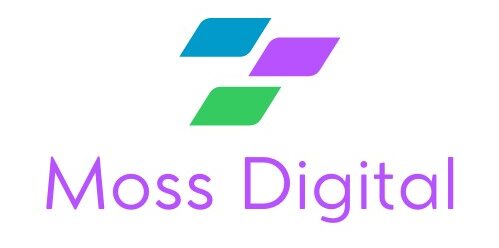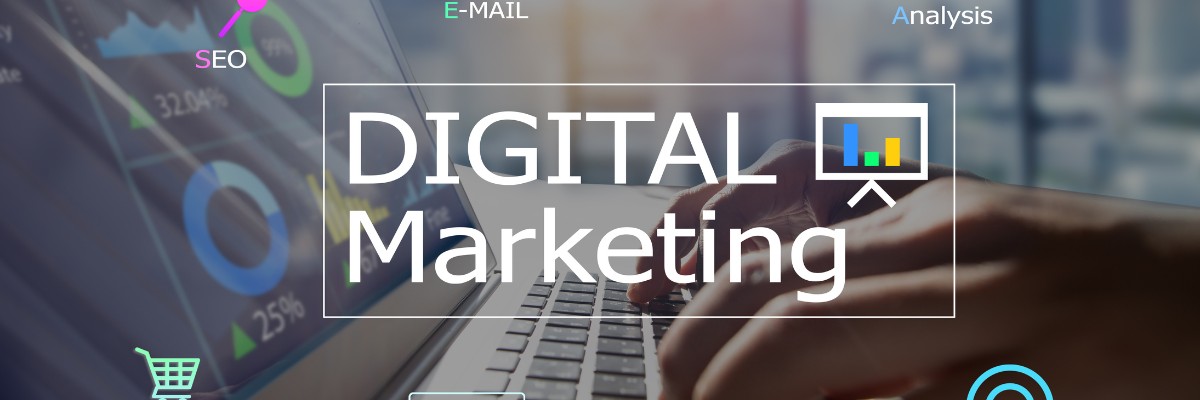In today’s digital landscape, businesses are constantly searching for effective ways to reach their target audience and generate leads. Pay-per-click (PPC) advertising has emerged as a powerful tool for online marketing success. However, many entrepreneurs and marketers find themselves mystified by the complexities of PPC campaigns. In this article, we will demystify the world of PPC advertising, shedding light on its key components, benefits, and strategies for achieving optimal results.
Understanding Pay-Per-Click Advertising
Pay-per-click advertising, also known as cost-per-click (CPC) advertising, is an internet marketing model where advertisers pay a fee each time their ad is clicked. It is most commonly associated with search engine advertising platforms like Google Ads and Bing Ads. When a user searches for a keyword related to the advertiser’s product or service, the ad is displayed prominently on the search engine results page (SERP).
Components of a PPC Campaign
Keywords
Keywords play a vital role in PPC campaigns. Advertisers must identify and select relevant keywords that align with their target audience’s search queries. Thorough keyword research is essential to ensure that the ads are displayed to the right people at the right time.
Ad Copy
Compelling ad copy is crucial for capturing the attention of potential customers. The ad copy should be concise, persuasive, and convey a clear value proposition. A well-crafted headline, engaging description, and a strong call-to-action are essential elements of effective ad copy.
Landing Pages
A landing page is where users are directed after clicking on an ad. It should be optimized to deliver a seamless user experience, align with the ad’s message, and encourage visitors to take a desired action, such as making a purchase or filling out a form. A well-designed landing page can significantly improve conversion rates and maximize the return on investment (ROI) of a PPC campaign.
Benefits of Pay-Per-Click Advertising
Targeted Reach
PPC advertising allows businesses to target their ads to specific geographic locations, demographics, and even user behavior. This precision targeting ensures that ads are displayed to the most relevant audience, increasing the likelihood of generating high-quality leads.
Measurable Results
Unlike traditional forms of advertising, PPC campaigns provide detailed and measurable insights. Advertisers have access to comprehensive data on impressions, clicks, conversions, and costs. This data enables them to track the performance of their campaigns in real-time and make data-driven decisions for optimization.
Cost Control
With PPC advertising, businesses have full control over their budget. Advertisers can set a daily or monthly budget, bid on keywords based on their value, and adjust their spending as needed. This flexibility ensures that businesses of all sizes can participate in PPC advertising and allocate their marketing budgets effectively.
Strategies for PPC Success
Thorough Keyword Research
As the foundation of any PPC campaign, thorough keyword research is essential. Utilize keyword research tools like Google Keyword Planner or SEMrush to identify relevant keywords with high search volumes and low competition. Focus on long-tail keywords, which are more specific and often yield better results.
Compelling Ad Copy
Craft attention-grabbing ad copy that clearly communicates the unique selling points of your product or service. Experiment with different ad formats, such as expanded text ads or responsive search ads, to determine which ones resonate best with your target audience.
Landing Page Optimization
Optimize your landing pages to align with your ad copy and provide a seamless user experience. Ensure that the landing page is mobile-friendly, loads quickly, and includes a prominent call-to-action. A/B test different variations of landing pages to determine which ones drive the highest conversion rates.
Continuous Monitoring and Optimization
PPC campaigns require ongoing monitoring and optimization to achieve optimal results. Regularly review your campaign performance, adjust bids, test new ad copy, and refine your keyword targeting based on the data you collect. Continuous improvement is the key to maximizing the effectiveness of your PPC campaigns.
Pay-per-click advertising offers businesses a powerful and cost-effective way to reach their target audience, drive traffic to their websites, and generate leads. By understanding the key components of a PPC campaign, leveraging its benefits, and implementing effective strategies, businesses can demystify the complexities of PPC advertising and unlock the secrets to online marketing success. Embrace the world of PPC, and watch your business thrive in the digital realm.




